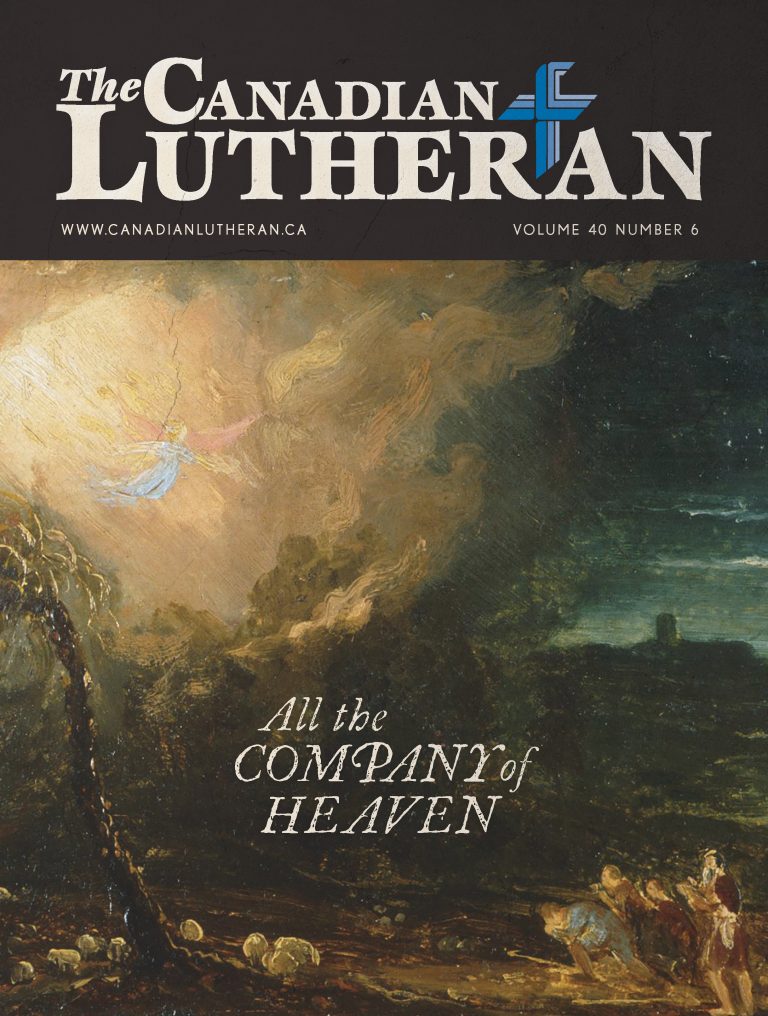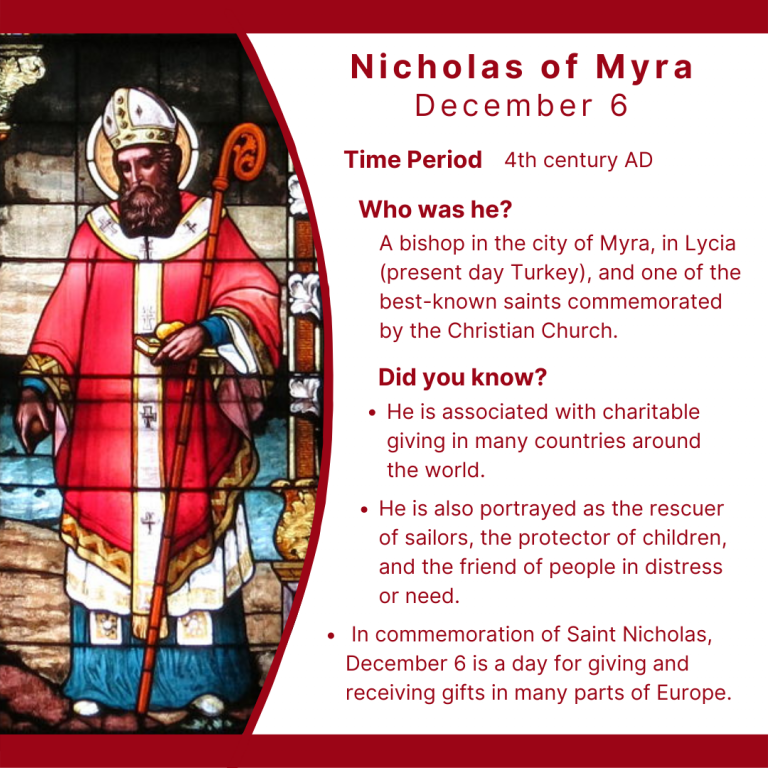Lutherans give thanks
by Norman Threinen
In September 1620, a year before the Pilgrims in Massachusetts celebrated what most people regard as the first Thanksgiving in North America, a Lutheran ship’s captain, Jens Munck, wrote in his journal. “I pray that Thou will give me the grace of the Holy Spirit, so that I may always be thankful to Thee in prayer and deeds to Thy glory and to my confirmation in faith and a clear conscience. O Holy Trinity be forever praised and thanked for this as for all Thy benefactions.”
Munck had much for which to give thanks. He and his Lutheran crew of Danish, Norwegian and German sailors had arrived in Hudson Bay on September 7 the previous year on a quest for a northwest passage to the riches of the Orient. Caught by an early winter, Munck and his crew spent the next months near present day Churchill, Manitoba. Their ships became caught in the ice, and both he and his 64-member crew contracted scurvy. Most of his crew died, and Munck returned to his native Norway more than a year later with two surviving crew members.

Members of the Lutheran Council in Canada gathered in Churchill, Manitoba in 1991 to dedicate a plaque commemorating Pastor Rasmus Jensen (died February 20, 1620). Jensen was a Danish Lutheran clergyman and the first Lutheran cleric in Canada. He served as chaplain on the ship captained Jens Munck.
In the 1750s, New Englanders living in Halifax brought American-style Thanksgiving to Nova Scotia. Within the general population of Halifax were many German Lutheran families from England who had helped found Halifax in 1749. There were other Lutherans in nearby Lunenburg. Quite naturally, these Lutherans joined with the rest of the citizens in marking the Day of Thanksgiving.
By 1879, parliament had officially declared November 6 as Thanksgiving Day in Canada. Over the years the date for Thanksgiving Day varied as earlier dates were often better, especially for the largely rural people in frontier Canada.
It seems Lutheran pastors did not feel bound to celebrate Thanksgiving Day in the churches when it was officially observed throughout the country. They felt at liberty to celebrate it when it best suited their parishes – often on different days in different parts of their parish.
In 1895, for example, Mary the wife of Emil Eberhardt, the first Missouri Synod missionary in Alberta, recorded in her diary that her husband celebrated Thanksgiving in Edmonton on November 21 and in his base congregation in Stony Plain on December 1. Interestingly, both dates are closer to American than to Canadian Thanksgiving. This is probably because Eberhardt had arrived in Canada from the US a year earlier. Later, Eberhardt seemed to have become more aware of the Canadian preference for an earlier date and observed Thanksgiving earlier in November: November 14 in 1897; November 4 in 1900; November 8 in 1914; and November 5 in 1916.
In their service books, Lutherans in North America could choose between two different Thanksgiving emphases. One was the bringing in of the harvest, the other a more general theme of thanksgiving. While the harvest emphasis seems normal for rural congregations to observe, the national day of Thanksgiving was not overlooked. This was encouraged by sermon books published in the United States but in the possession of Lutheran pastors or lay preachers in isolated Canadian communities. These often picked up the latter emphasis. An example is a homily on Amos 8:1-10 in a German sermon book from 1908. The opening statement of the homily is: “We are encouraged today by the government of our country to mark Thanksgiving Day and we have reason to be thankful.” Rather than talk about thankfulness for a bountiful harvest, the sermon centers on other reasons to give thanks.
Thus, Lutherans in Canada have over the years celebrated national Thanksgiving Day with the rest of the population. Worship services have encouraged members of the congregations to be thankful to God for His varied blessings. Displays of the fruits of the field and the garden have adorned the chancels of our churches. In our homes, tables have been laden with food, usually turkey and many of the trimmings.
We still have much for which to give thanks to God. Like all Canadians, Lutherans enjoy the benefits of the security and prosperity of this land. With our fellow Canadians, it is important that we pause and say, “O give thanks to the Lord for He is good and His mercy endures forever.”
Rev. Dr. Norman Threinen is a Lutheran historian and author of “A Religious-Cultural Mosaic, a History of Lutherans in Canada.”
Luther on Thankfulness
“We have nothing to give in return except praise, glory, and gratitude for the unspeakable gift—as the apostle calls it (2 Cor. 9:15)—which through the Gospel, God has shed on us abundantly (Titus 3:6).”



